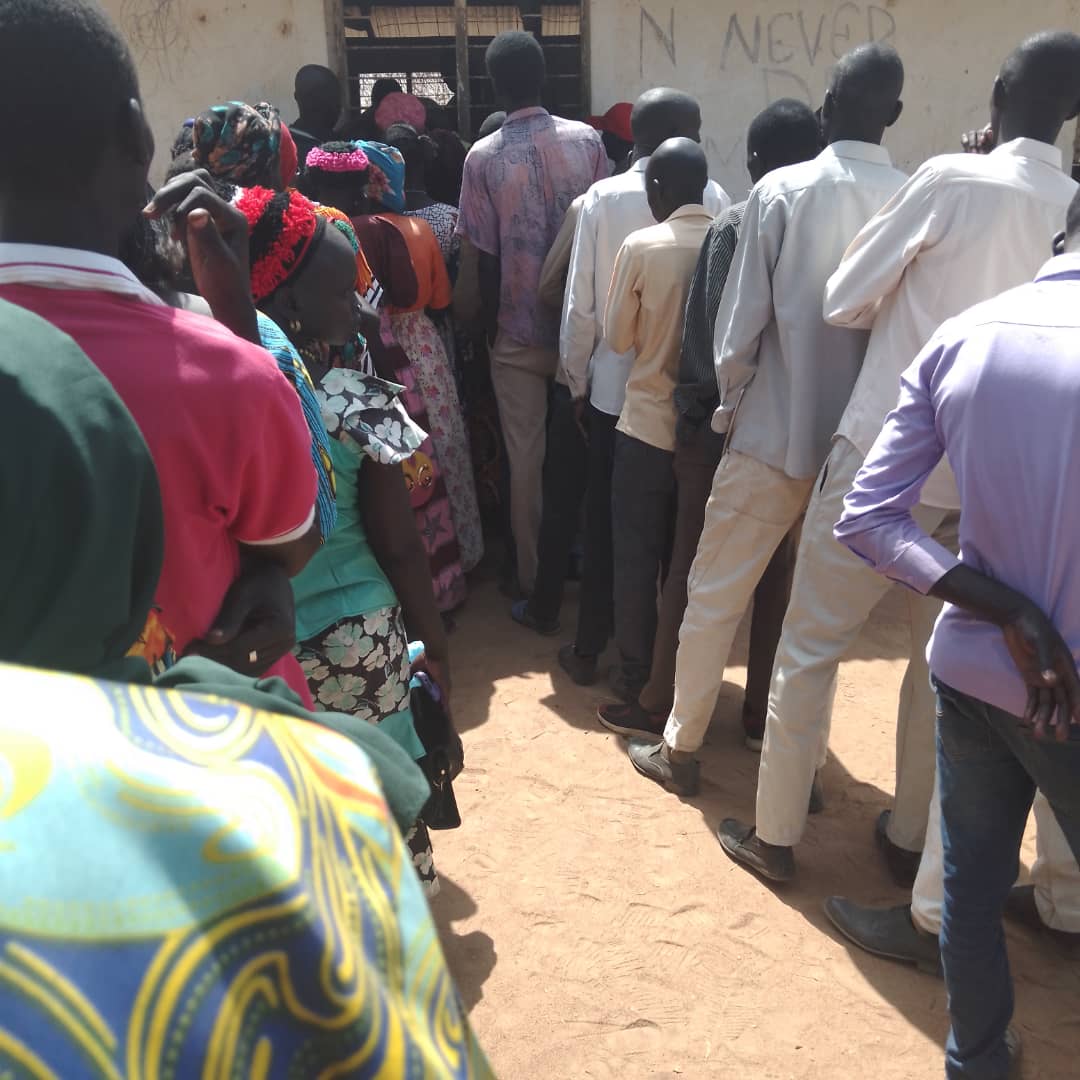
South Sudanese medics begin third Chinese language lessons

South Sudanese medics on Thursday started the third round of “Chinese Bridge” language courses in Juba.
Janet Kemisa Michael, Acting Director General of Medical Services in the Ministry of Health, said the importance of learning languages helps not only in communication, but also helps South Sudanese and Chinese to understand each other’s cultures.
“The ministry of health appreciates the Chinese medical team and the Chinese people for the various support, that they have given South Sudan especially the medical trips, where we are having a lot of people going for training especially doctors and others going as undergraduates,” Michael said during the opening of the language courses.
Michael stressed that understanding Chinese language will ease communication for South Sudanese health professionals traveling to China for further training.
“The fact that most of you may be going to China for trainings, you are privileged when you have learnt a little Chinese from here, because when you go to China you will have already learnt something to communicate,” she said.
Mu Jianjun, Counselor for Economic and Commercial Affairs in Embassy of China, said that learning Chinese language is becoming more popular across the world.
“In South Sudan, this demand is also becoming urgent, not only because of frequent economic cooperation, but also for academic exchange. For example, until now of this year, through 3 medical training programs, we have arranged 16 South Sudanese doctors to go to China for academic exchange and further studying,” Mu said.
He expressed hope that such language and culture lectures will make South Sudanese medics familiar with Chinese society when they visit the country.
Xu Zhangwei, the leader of the Tenth batch of the Chinese medical team, said the Chinese language courses have over the years become more appealing and popular to many medics working in the main referral Juba teaching hospital.
“In these courses, we arranged many interesting and rich-meaning topics, including Chinese characters, cuisine culture, stories of Chinese myths, history, geography, dance, Chinese Kungfu, Chinese chess and brief introduction to Chinese cities,” Mu said.
The courses will be given once every two weeks to some 80 learners.
Atem Nyuol Atem, a 33 year- old student of medicine at the University of Juba, said Chinese language courses will help to prepare him to interact and learn from Chinese medical experts.
“Being a medic means that sometimes I will deal with different people who speak different languages, if I don’t know international languages like Chinese I will not be able to treat some of these people,” he said.
Bakhita Kueth,23, a final year student in the Juba college of nursing and midwifery, said Chinese language is very important to learn because they often attend lectures conducted by members of the Chinese medical team.
Achiro Suzan Otto, 25, a student at the Juba college of nursing and midwifery, said learning Chinese will ease her communication with Chinese medics during internship training.
“I want to learn not only Chinese language but also the culture, because Chinese people are working with us here and sometimes it is very difficult to interact with them, and sometimes there are other things written in Chinese like medicine and medical equipment, so it’s better for me to understand their language,” Otto said.
In 2021, China medical team held its first Chinese language course in Juba teaching hospital.




































